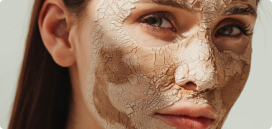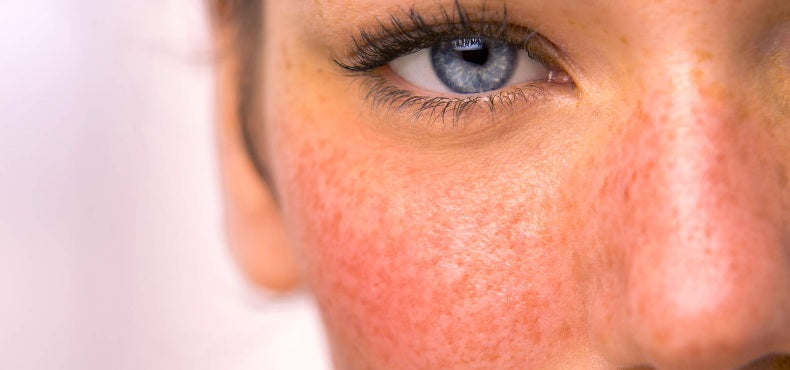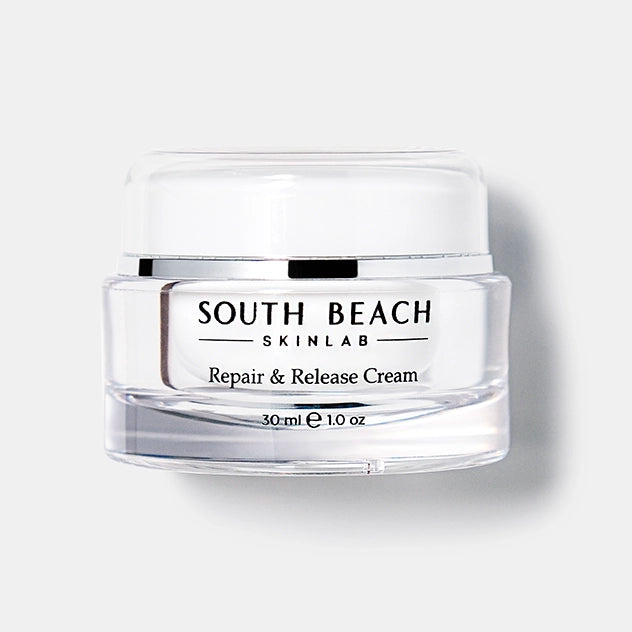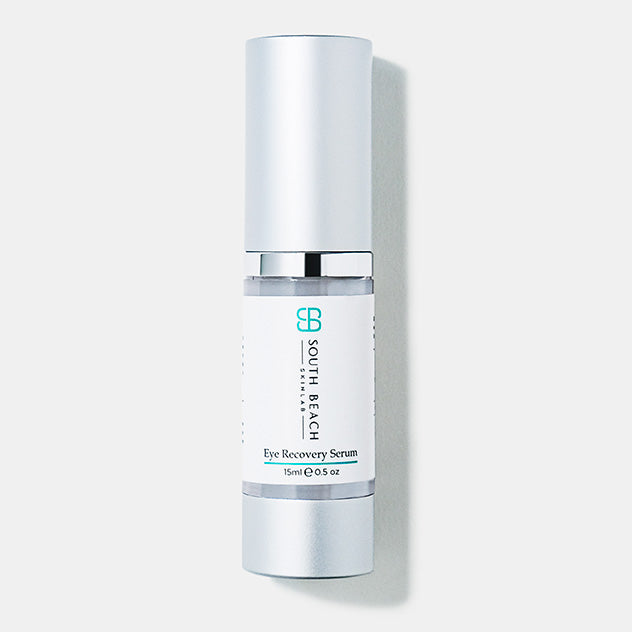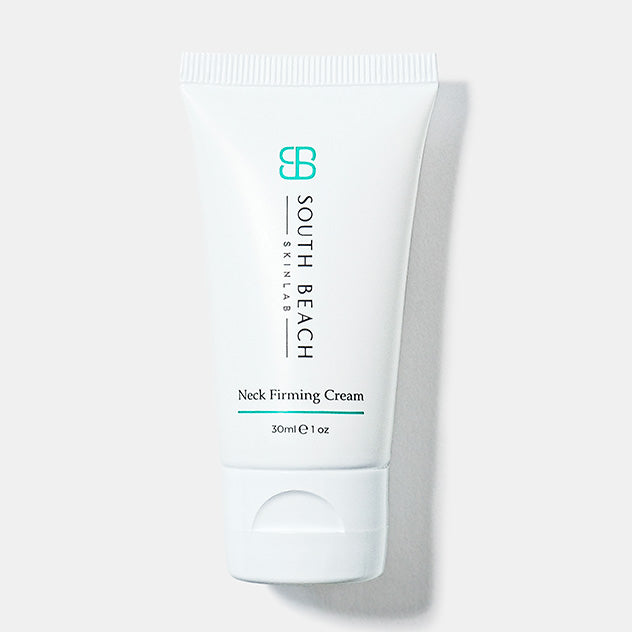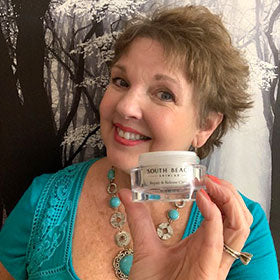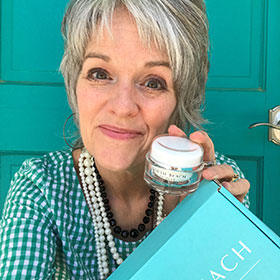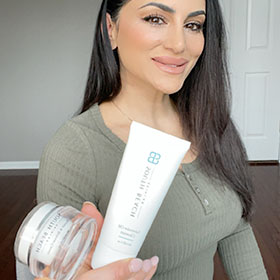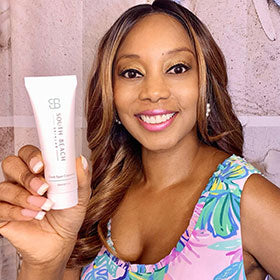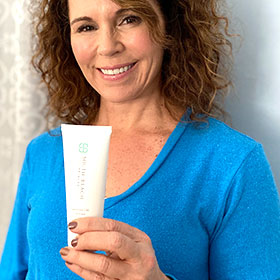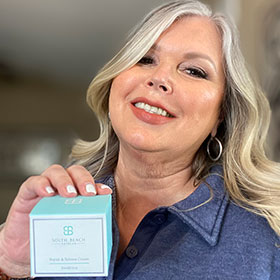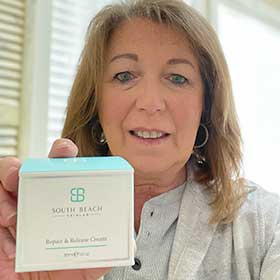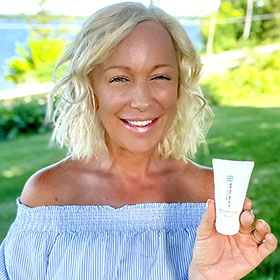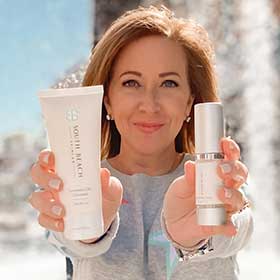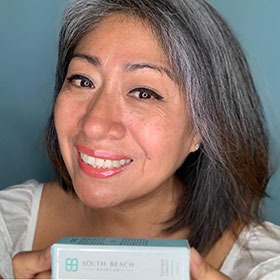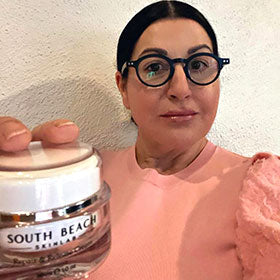When it comes to skin types, there are tons of terms that come to mind. Oily, combination and dry are just a few but one of the least mentioned and most important ones is sensitive skin.
What is sensitive skin? What are the side effects? And what do you need to be doing to help deal with it? Here’s the official 411 on identifying and dealing with Sensitive Skin.
What Is Sensitive Skin?
 Like oily or dry, sensitive is another type of skin that many of us deal with. For some, sensitivities come and go and can be worse in the colder months or if they’re around bad pollution. For others, sensitive skin is something they live with every single day – making it hard to keep skin happy and healthy.
Like oily or dry, sensitive is another type of skin that many of us deal with. For some, sensitivities come and go and can be worse in the colder months or if they’re around bad pollution. For others, sensitive skin is something they live with every single day – making it hard to keep skin happy and healthy.
Sensitive Skin has a reaction to another element meaning it can be triggered by anything like weather, hormones, sleep, or even topical products. If your finding your skin is experiencing signs of redness or any bumps that mimic acne, switch your routine to products that are suitable for sensitive skin types like our South Beach Skin Lab range. Not only does it do wonders for sensitive skin, but it is also compatible with almost all other skin types too!
What Are The Side Effects?
 Because sensitive skin can strike out of nowhere, it’s important to recognize the side effects of a flare-up so you’re able to identify it and then treat it. While the basic symptoms of sensitive skin show up as bumps and redness like we mentioned above, some other side effects could be much worse if you’re not taking proper care of your sensitive skin.
Because sensitive skin can strike out of nowhere, it’s important to recognize the side effects of a flare-up so you’re able to identify it and then treat it. While the basic symptoms of sensitive skin show up as bumps and redness like we mentioned above, some other side effects could be much worse if you’re not taking proper care of your sensitive skin.
Those who have sensitive outbreaks to their skin have reported swelling on their face, blisters that can ooze and crust over, as well as dry, cracked and scaly skin. If you notice any of these side effects happening on your face, immediately cleanse with an oil that will help balance your skin’s pH level and avoid makeup for a day or two to give the skin time to heal.
How Can You Treat It?
 Since the cause and severity of sensitive skin can vary, it’s always best to talk to your doctor about it, especially if you’re suffering from extreme side effects. If you’re looking to deal with moderately sensitive skin on your own, there are still lots of options for you to manage your skin and keep it healthy.
Since the cause and severity of sensitive skin can vary, it’s always best to talk to your doctor about it, especially if you’re suffering from extreme side effects. If you’re looking to deal with moderately sensitive skin on your own, there are still lots of options for you to manage your skin and keep it healthy.
Using products that are free of irritants is an important key to managing sensitive skin at home. Discard any skincare products that include parabens, synthetic fragrances, or sulfates and opt for products with clean, safe, and non-harsh ingredients. This will ensure your skin is benefiting from calming ingredients without the risk of making skin sensitivity worse!


